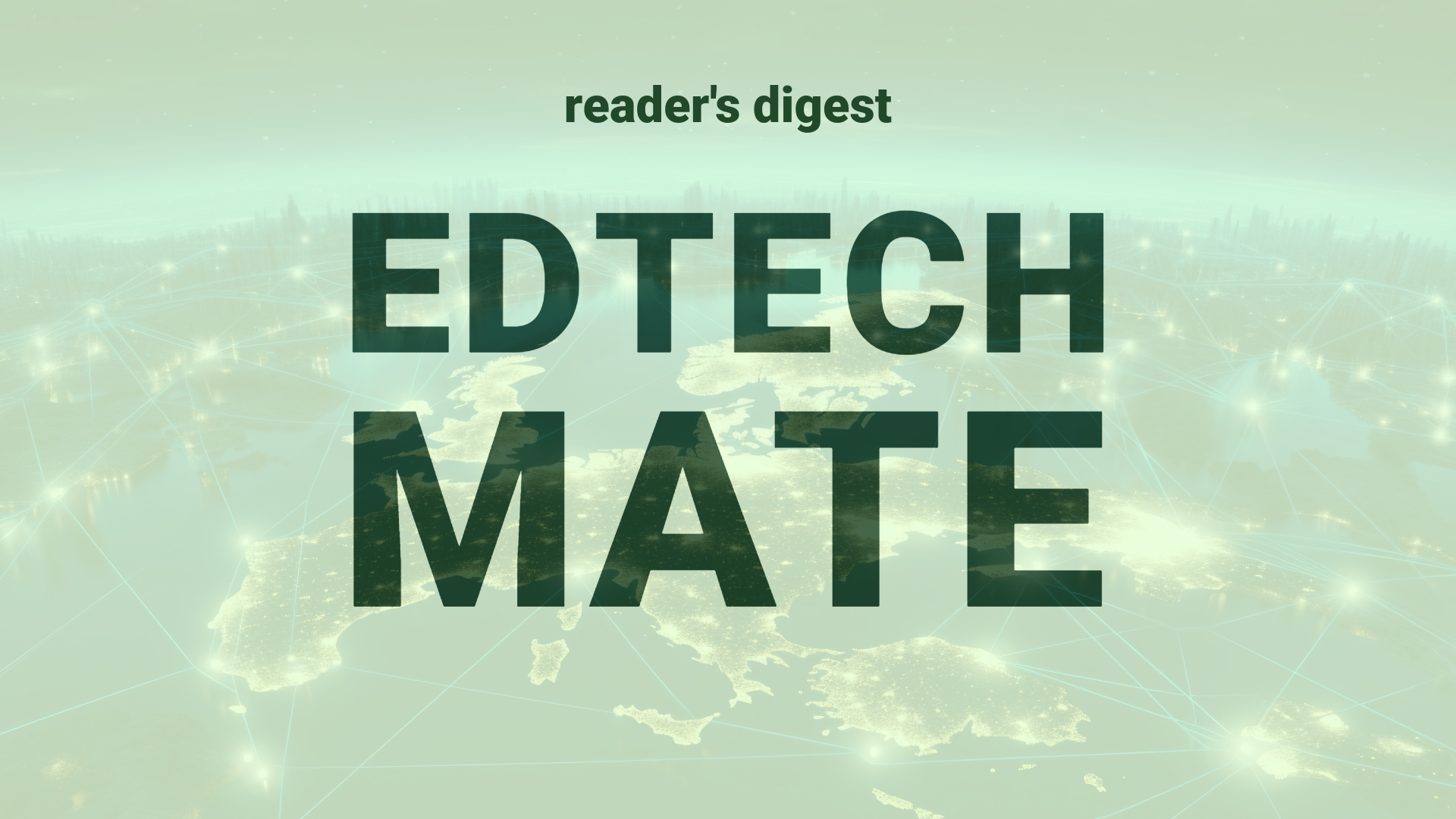Executive Summary and Main Points
TransUnion is redefining its function in the digital economy by transitioning from a consumer credit reporting agency to a customer data services provider, leveraging its recent acquisition of Neustar. The company is implementing a proprietary data services platform, OneTru, which will unify its extensive data assets and focus on analytics, machine learning (ML), AI development, and cloud technology. The marquee of this digital transformation is their 50 petabytes data asset migrated to a multicloud infrastructure, employing advanced ML models for fraud detection, credit scoring, as well as offering generative AI capabilities for enhanced analytical services.
Potential Impact in the Education Sector
The evolution of data management and AI deployment methodologies, as seen in TransUnion’s approach, can substantially impact further education, higher education, and micro-credentials. Institutions can incorporate similar strategies to centralize educational data, providing more insightful analytics for student success, course effectiveness, and personalized learning. Strategic partnerships with data service providers can facilitate a seamless digital transformation, leveraging multilayered data platforms capable of interpreting complex educational data sets. Higher education can benefit from enhanced knowledge graphs for research analysis and can explore AI to enable adaptive learning capabilities.
Potential Applicability in the Education Sector
AI innovations like OneTru can be applied within global higher education systems to manage institution-wide data, while streamlining regulatory compliance and auditability within diverse educational jurisdictions. For instance, utilizing AI-models akin to TransUnion’s adaptive learning mechanisms could tailor student learning paths, intensify academic integrity efforts, and bolster predictive analytics for student and faculty recruitment. Digital tools can assist in creating global networks through which micro-credentials and certifications are efficiently managed and recognized.
Criticism and Potential Shortfalls
While TransUnion’s model shows promising technological advances, integrating these within higher education may face hurdles, including safeguarding student privacy, adhering to various global data protection regulations, and ensuring ethical use of data. Additionally, there may be cultural resistance to excessive data monetization within education. Similar sector initiatives must take a cautious, context-sensitive approach. Comparative international case studies from institutions or countries that have grappled with such digital transformations would supply valuable insights into overcoming these challenges.
Actionable Recommendations
For international education leadership looking to harness similar technologies, it is essential to start with developing a robust data infrastructure that ensures data integrity and security. Such a platform should support deep analytics and AI applications suited for educational purposes. Decisions to adopt such models should be guided by principles of ethical AI use, transparent data governance, and collaboration with stakeholders to integrate digital transformation strategies effectively. Continuous professional development in AI and data management should be encouraged among faculty and administrative staff. Preliminary projects could include AI-based systems for personalized learning experiences and fraud prevention in online assessments.
Source article: https://www.cio.com/article/2094611/transunion-transforms-its-business-model-with-it.html

